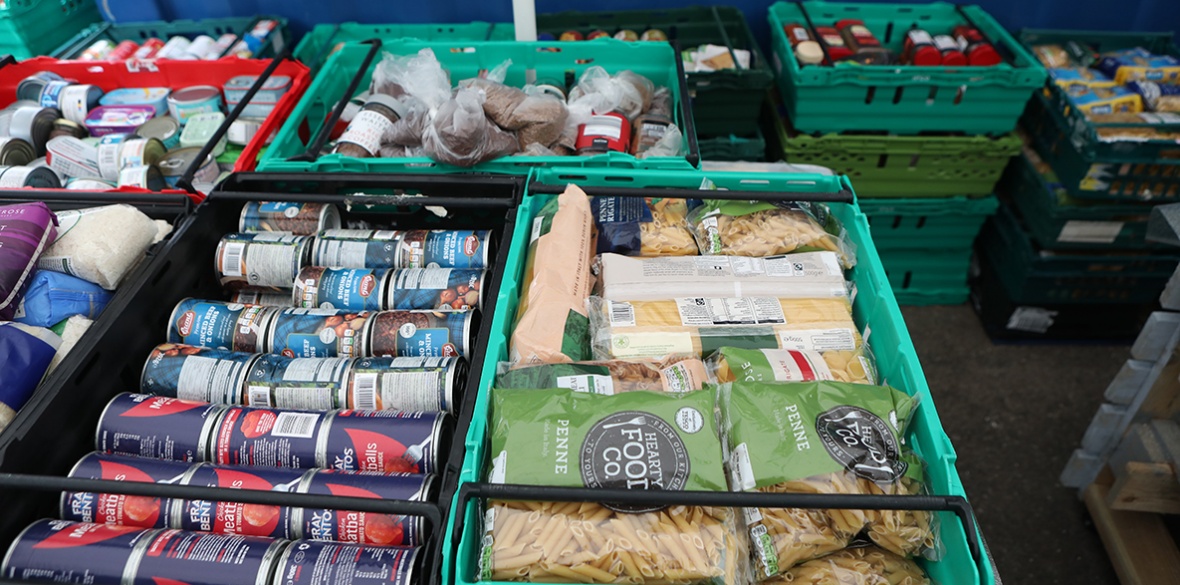This is the last article you can read this month
You can read more article this month
You can read more articles this month
Sorry your limit is up for this month
Reset on:
Please help support the Morning Star by subscribing here
CHILD poverty has hit a record high with three-quarters of the struggling children living in working households, according to government figures released today.
On the eve of the first lockdown in March 2020, a record 14.5 million people were living in “relative poverty” — below 60 per cent of the average household income after housing costs — latest Department for Work and Pensions (DWP) data shows.
The number of children living in “relative poverty” hit 4.3m in March 2020 — a rise of about 200,000, double the increase of the year before.
More than half (51 per cent) of children in poverty in 2019/20 were in families with a child aged under five, and 1.7m children went hungry because their family could not afford enough food, according to the Households Below Average Income statistics.
However the data only covers the period before the crisis took hold and doesn’t take the effects of the pandemic on poverty levels into account.
Campaigners are now warning that the worst is yet to come.
Save the Children UK director Dan Paskins pointed out that the figures did not provide a wider picture of the impact of Covid-19 and how much worse the situation would potentially be now.
Child Poverty Action Group chief executive Alison Garnham said that the “dismal” statistics called for child benefit to be increased by £10 a week to lift 450,000 children from poverty.
She said: “Children and their families will pay the price unless government acts urgently. Ministers must develop a clear plan to prevent child poverty — and raising child benefit would be a good place to start.”
Action for Children director of policy and campaigns Imran Hussain called on the government to make the temporary £20 a week increase in universal credit permanent.
Shadow work and pensions secretary Jonathan Reynolds called the DWP figures “shameful,” adding that Labour in government would “secure our economy, tackle the jobs crisis and replace universal credit with a fair and compassionate system that offers security to all.”
TUC general secretary Frances O’Grady urged the government to give key workers a pay rise and “level up” the minimum wage to £10 an hour “without delay.”
She added: “This isn’t just about doing the right thing for workers. High streets and business won’t recover if people have nothing to spend.”
Work and Pensions Secretary, Therese Coffey, said: “Today’s statistics – which reflect the situation prior to Covid – show that families went into the pandemic on a firm financial footing. Average household incomes saw their strongest annual growth for nearly 20 years in 2019/20, while 700,000 fewer people were in absolute poverty before housing costs than in 2010.
“We have since increased our support with an unprecedented package of measures targeting those with the lowest incomes to help families through a difficult year – including by injecting billions of pounds into the welfare safety net, ending the benefits freeze, helping with housing costs and increasing the national living wage. Crucially, furlough has also saved millions of jobs and protected livelihoods.
“Our relentless focus as we build back better is on getting Britain back on its feet through our multi-billion pound Plan For Jobs, which is already delivering for people of all ages right across the country.”











